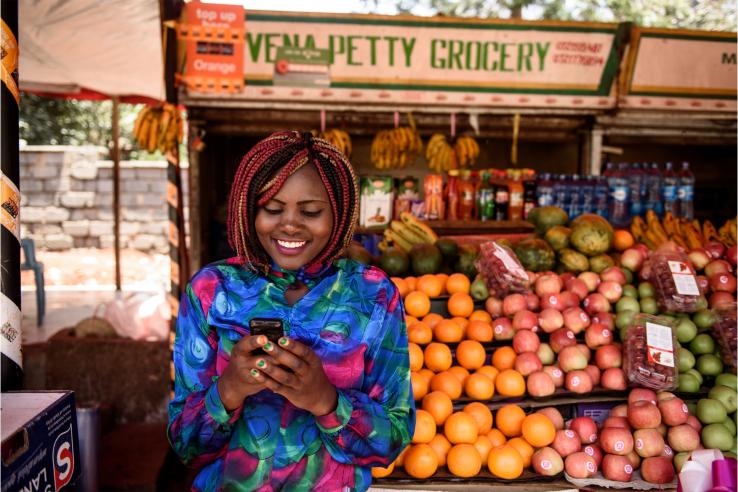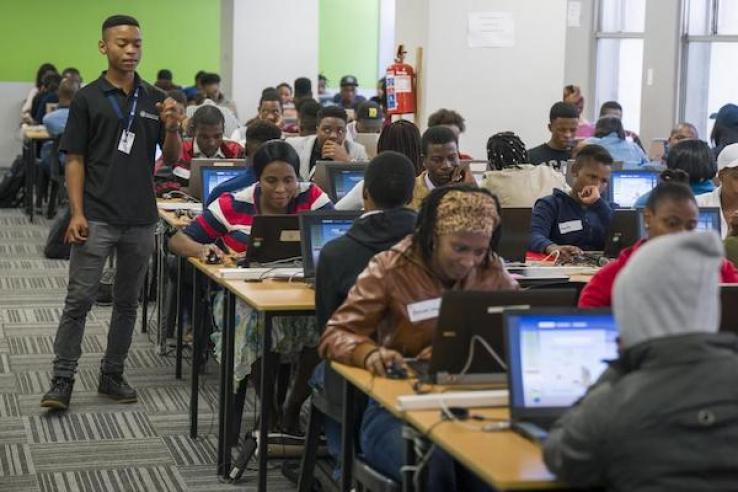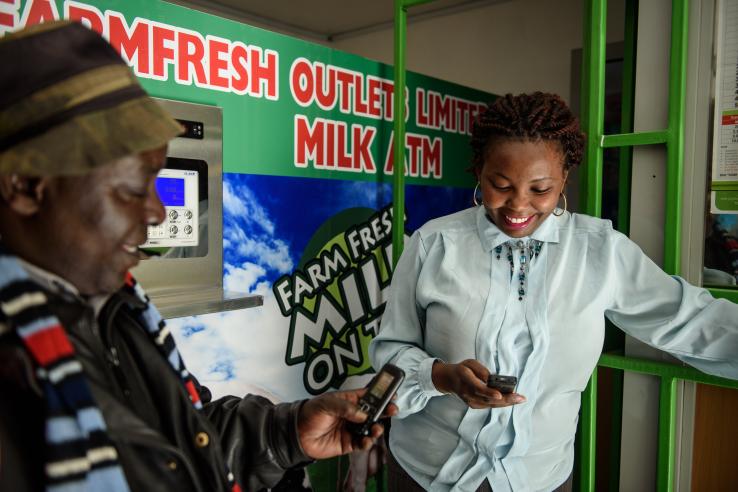J-PAL África, con sede en la Universidad de Cape Town en Sudáfrica, apoya a los investigadores que realizan evaluaciones aleatorias en África, lleva a cabo capacitaciones para desarrollar la capacidad de comprender y ejecutar evaluaciones aleatorias y trabaja con los responsables políticos para ayudarles a aprovechar evidencia rigurosa para hacer las políticas más eficaces y ampliar los programas más prometedores.

More about J-PAL Africa
Explore the J-PAL website to learn more about who we are, what we do, where we work, and how to engage with the J-PAL Africa team.

Blog
Building a robust evidence-based research community: Strengthening pathways for African researchers
Researchers from many groups are underrepresented in the field of economics and face numerous barriers to their growth. We hold the conviction that research grounded in knowledge of the geographic and cultural context, with local scholars leading the research agenda, will translate to more policy...

Blog
Evaluating and scaling job search tools with the Harambee Youth Employment Accelerator
Read how J-PAL Africa and the Harambee Youth Employment Accelerator have partnered over the last three years to design, test, and scale job search tools to address South Africa's youth unemployment problem.

Blog
Investing in girls' education? Top 3 lessons from the evidence
How can governments, donors and implementing partners decide on where to invest to improve girls’ enrollment? Global evidence on effective interventions can be a great place to start. J-PAL Africa highlight three key lessons everyone should keep in mind on keeping girls in school.

Blog
The rise of mobile money in sub-Saharan Africa: Has this digital technology lived up to its promises?
Mobile money has been touted as a revolutionary tool for expanding access to financial services in low resource environments. But does this technology live up to its promises? What are the impacts on the households who use mobile money?